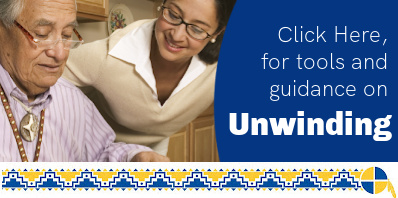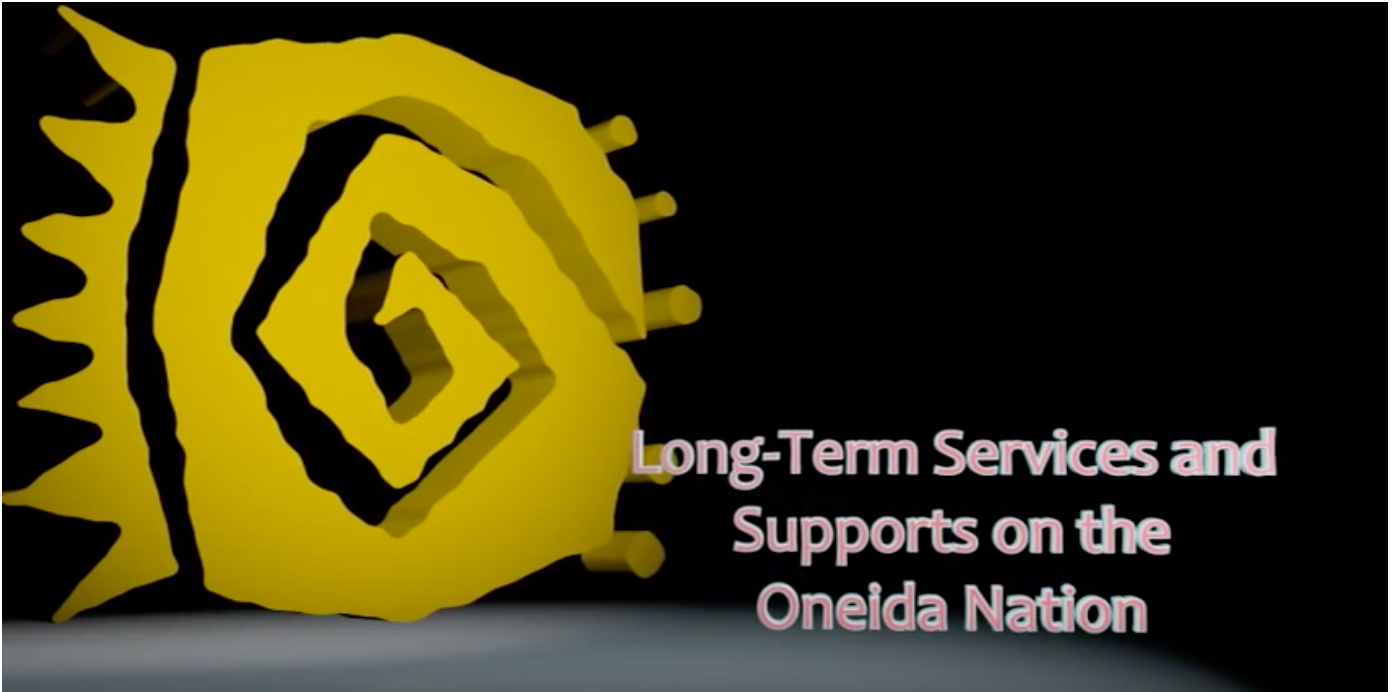LTSS Information 100% FMAP for LTSS — Educate Your State
Guidance for how to receive 100% Federal Medical Assistance Percentage (FMAP) for LTSS services provided to eligible patients through IHS or tribal programs, which can help tribes and states alike.
Issued by: Centers for Medicare & Medicaid Services (CMS)
Issue Date: January 22, 2020
Receiving 100% Federal Medical Assistance Percentage (FMAP) for LTSS services provided to eligible patients through IHS or tribal programs can help tribes and states alike.
Access more federal funding through 100% FMAP
What is FMAP?
Medicaid is a federal program that covers many long-term care services for eligible people. States manage Medicaid programs and share the costs of these programs with the federal government. CMS reimburses each state for a percentage of its total Medicaid expenditures. This percentage, which varies by state, is called the Federal Medical Assistance Percentage (FMAP).
FMAP varies by state, based on the state's per capita income. States with lower per capita income typically have a higher FMAP. See published FMAP rates for your region.
Some services for some AI/AN patients are eligible for 100% FMAP
In all states, eligible services provided to Medicaid-eligible AI/AN patients in IHS or tribal facilities can be reimbursed at 100% FMAP. Non-Indians served at your facility are reimbursed at the state's usual FMAP, not at 100% FMAP.
How does 100% FMAP benefit tribal programs?
Since CMS reimburses these expenses fully, eligible services provided to Medicaid-eligible AI/AN patients in IHS or tribal facilities cost your state nothing.
Because the state achieves these savings, states can often afford to reimburse tribes for tribally provided Medicaid services at an enhanced rate that is higher than 100%. Receiving an enhanced reimbursement rate from your state provides your tribe with more resources for LTSS.
How to become eligible for 100% FMAP
To be eligible for 100% FMAP, your program must meet several requirements:
- LTSS must be explicitly included in a tribe's P.L. 638 contract or compact with IHS.
- The tribal health department must either provide or oversee LTSS. You can either:
- Have your tribal health department set up a funding agreement with the tribal aging program or department to provide LTSS, or
- Move your LTSS program under the tribal health department
- The health department must bill the state Medicaid office for LTSS.
Working with your state for an enhanced reimbursement rate
If your program meets the requirements for 100% FMAP eligibility, you can work with your state to try to negotiate an enhanced rate. Meet with state representatives to discuss how an enhanced rate can benefit both parties:
- The state saves money because it doesn't have to pay its normal share for Medicaid services provided to these patients
- The tribal LTSS program will receive more funds to enhance its capacity to provide services to tribal citizens and others it may serve
Learn more about 100% FMAP
- See the Memorandum of Agreement (PDF) (5pp) that extends the IHS FMAP rate to tribally operated health programs and 100% FMAP to states for AI/AN patients receiving care at tribally operated health programs.
- View frequently asked questions regarding 100% FMAP for tribal and IHS programs.
- Learn more about the reimbursement process and reimbursement rates.

HHS is committed to making its websites and documents accessible to the widest possible audience, including individuals with disabilities. We are in the process of retroactively making some documents accessible. If you need assistance accessing an accessible version of this document, please reach out to the guidance@hhs.gov.
DISCLAIMER: The contents of this database lack the force and effect of law, except as authorized by law (including Medicare Advantage Rate Announcements and Advance Notices) or as specifically incorporated into a contract. The Department may not cite, use, or rely on any guidance that is not posted on the guidance repository, except to establish historical facts.

